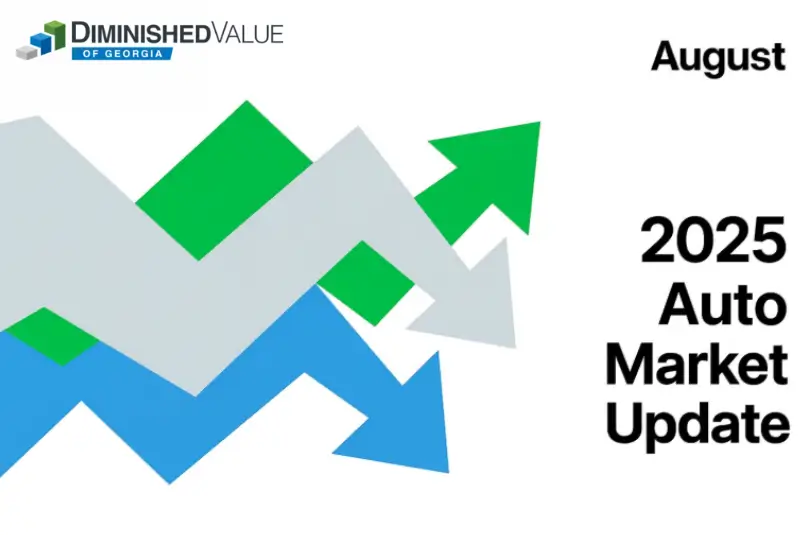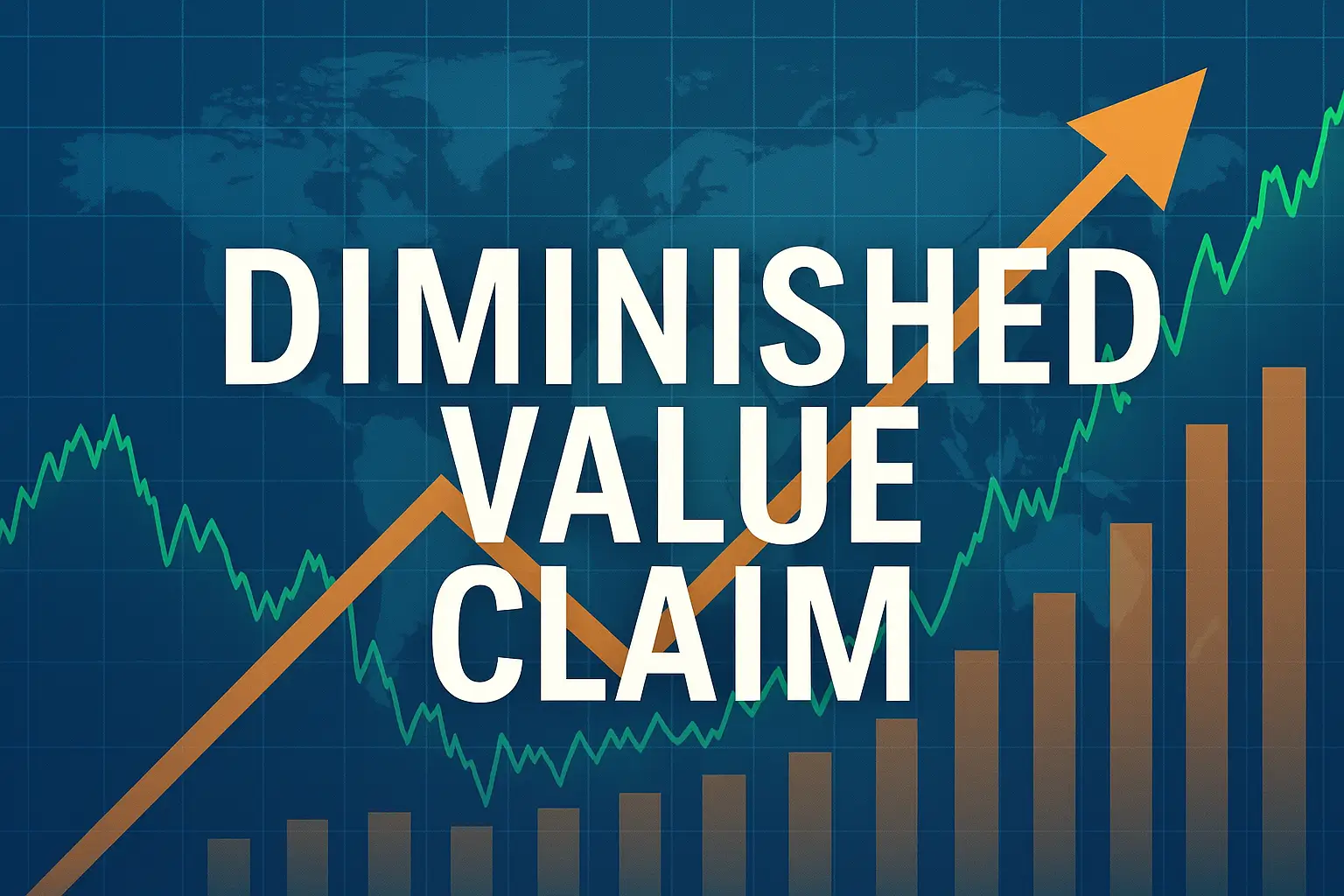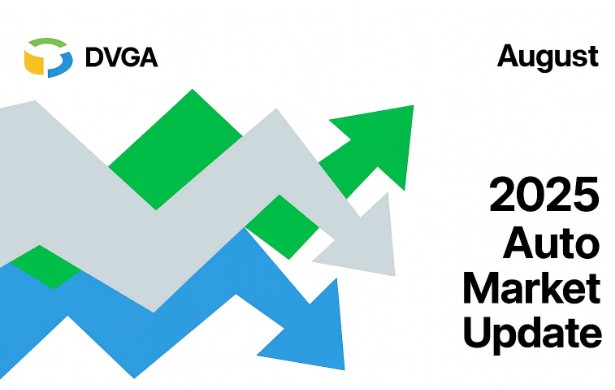Imagine cruising down the highway, enjoying the open road, and unbeknownst to you, your car is busy collecting data on your every move. Sounds like a sci-fi plot, right? Well, it’s not. This is happening right now, and what’s worse, this data is being sold to insurance companies for next to nothing. Two U.S. Senators have had enough and are demanding answers.

How Insurance Companies Are Buying Your Driving Data (PDF)
The Senators Step In
On July 26th, Senators Ron Wyden of Oregon and Edward J. Markey of Massachusetts took bold action, sending a letter to the Federal Trade Commission (FTC) that rippled through the automotive world.
As reported by The New York Times, these privacy champions are exposing a dubious practice: General Motors, Hyundai, and Honda have been secretly gathering driving data from their customers and selling it to insurance firms. This data includes specifics like acceleration rates, braking intensity, and speeding frequencies.
Pennies on the Dollar
The jaw-dropping part isn’t just the data collection; it’s the price tag. Senator Wyden’s office uncovered that automakers sold this valuable information for mere pennies. For instance, Verisk, a data analytics firm, paid Honda a measly $25,920 over four years for data from 97,000 cars – that’s about 26 cents per car.
Hyundai fared slightly better but still sold out for just over $1 million across six years, amounting to 61 cents per car. General Motors sold data on over eight million cars for “low millions of dollars,” according to sources.
The Deceptive Opt-In
But how were drivers informed about this data collection? Hyundai simply collected data from any vehicle with an internet connection. GM and Honda offered an opt-in choice, but Senator Wyden labeled it deceptive.
GM has since stopped collecting this data, yet in a letter to the FTC, the company admitted it still shares location data without customer consent, stating the only way to stop this sharing is to disable the car’s internet connection.
Automakers Respond
Honda and Hyundai have both issued statements. Chris Martin, a Honda spokesperson, claimed that Verisk provided a driving score service and that no identifiable consumer information was shared without customer opt-in.
Hyundai’s spokesperson, Ira Gabriel, said that customers were informed about data sharing when they activated the Bluelink service at the dealership, and data was shared with insurance companies only with customer consent.
The Bigger Picture
This letter marks the third time Congress has called on the FTC to investigate data collection practices. Senators Wyden and Markey argue that automakers should not be squeezing out additional profits from selling consumers’ private data. They stress that Americans’ driving data should not be sold without explicit consent, especially for such paltry sums.
Protecting Your Data
So, what can you do to protect your driving data? First, be aware of the data your vehicle might be collecting. Read the terms and conditions when you purchase a new car or sign up for connected services.
Consider disabling internet connectivity if you’re uncomfortable with data sharing. Additionally, voice your concerns to automakers and legislators. Public pressure can lead to stronger privacy protections.
Conclusion
The practice of selling driving data to insurance companies for pennies is not just about money; it’s about privacy and consent. As technology continues to evolve, it’s crucial that we stay informed and vigilant about how our data is used and shared. Are you comfortable with your driving data being sold, or is it time to demand greater transparency and control?



